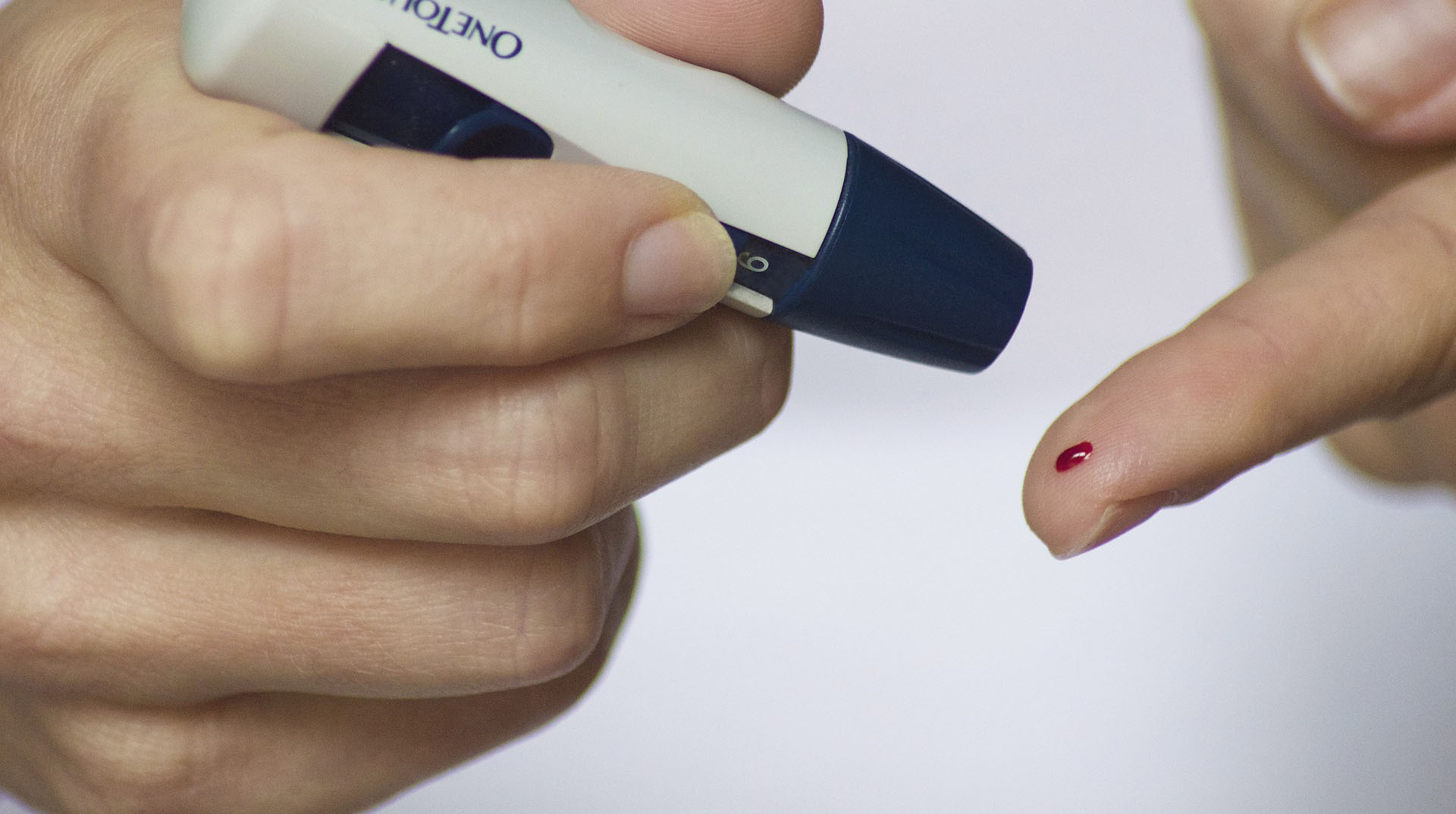Why Is Everyone Talking About Blood Sugar?

PREMIUM CONTENT for MEMBERS ONLY
By Fiona Riddle
Almost every month a new diet or fitness craze seems to make the rounds on social media. While many of these trends do not have much basis for their claims, some are truly backed by sound evidence. Recently, blood sugar balancing diets have become increasingly popular, and for good reason. Blood sugar regulation is crucial for maintaining overall health and well-being.
“Chronically elevated blood sugar levels can damage the body’s organs and lead to insulin resistance and eventually Type 2 diabetes.”
Acutely dysregulated blood sugar, also known as dysglycemia, can lead to feelings of low energy and mood, sugar cravings, anxiety, headaches and dizziness. Chronically elevated blood sugar levels can damage the body’s organs and lead to insulin resistance and eventually Type 2 diabetes.
“As blood sugar levels increase, the pancreas secretes insulin, a hormone that “shuttles” glucose into the cells.”
When we consume simple carbohydrates, they are broken down by enzymes in the small intestine into glucose molecules which are rapidly absorbed in the duodenum. In contrast, complex carbohydrates contained in many plant-based foods or in whole grains, cannot be broken or absorbed in our small intestine, and have to be metabolized first by the gut microbes before absorption. As blood sugar levels increase, the pancreas secretes insulin, a hormone that “shuttles” glucose into the cells. In the cells, glucose is used for energy or stored for later, thereby lowering blood sugar levels. If we consume excess simple carbohydrates and sugar in a meal, it will take a longer amount of time for the glucose to leave our blood, causing elevated insulin and blood sugar levels. Meals high in such easily absorbable carbohydrates often cause blood sugar spikes and subsequent crashes. The associated insulin spikes stimulate our appetite and the combination of these physiological responses to the consumption of high sugary foods creates the all-too-familiar phenomenon of feeling “hangry.”
If we constantly consume meals and drinks that spike blood sugar for extended periods of time, our response of cells becomes desensitized to insulin giving rise to what is called insulin resistance. Insulin resistance is when cells in your muscles, fat, and liver don’t respond well to insulin and can’t easily take up glucose from your blood. To overcome this obstacle, the pancreas will continue to make insulin leading to increased blood levels of the hormone, yet the glucose will have a difficult time finding its way into the cells to be used as energy.
“Long term high blood sugar can also contribute to inflammation, oxidative stress, and other metabolic disturbances…”
Chronic high blood sugar levels, such as those seen in type II diabetes, can have serious health consequences. When left untreated, hyperglycemia characterized by “blood glucose greater than 125 mg/dL while fasting and greater than 180 mg/dL 2 hours postprandial” can damage various organs and systems, including the heart, blood vessels, kidneys, eyes, and nerves.
Elevated levels can also contribute to systemic immune activation, oxidative stress, and other metabolic disturbances, increasing the risk of various health conditions such as cardiovascular disease, kidney disease and Alzheimer’s disease. Continuous secretion of insulin can also lead to fat storage, food cravings and subsequent weight gain.
“…balanced meals that combine enough protein, healthy fats and fiber is key to keeping blood sugar balanced.”
In terms of dietary prevention, balanced meals that combine enough protein, healthy fats and fiber is key to keeping blood sugar balanced. Rather than restricting carbohydrates outright, avoiding sugar, consuming complex carbohydrates and adding fat and protein to every meal will help to achieve optimal blood sugar levels. You will also feel more energized and experience fewer cravings throughout the day. Studies suggest that adding a splash of apple cider vinegar to water before meals may help to reduce blood sugar spikes as apple cider vinegar has been shown to “reduce postprandial glucose and insulin levels.”
“…other factors such as poor quality sleep and stress can raise blood sugar levels…”
While high blood sugar levels are most often associated with poor diet, other factors such as poor quality sleep and chronic stress can raise blood sugar levels as well. Researches have found an association between sleep loss and impaired glucose metabolism and heightened levels of insulin. A 2021 study discovered that a later bedtime routine as well as poor sleep were associated with greater blood sugar spikes specifically after breakfast the morning after a poor night’s sleep. Optimizing sleep may be an important factor for blood sugar management and optimal metabolic health. While sleep requirements may vary from person to person, an indicator of good sleep quality is waking up feeling rested and refreshed.
Additionally, states of stress and anxiety cause our bodies to release hormones such as cortisol and epinephrine, known commonly as the “fight or flight” response. The release of these hormones may cause blood sugar levels to increase, and over time this repeated increase can lead to the development of insulin resistance. There may also be a bi-directional relationship wherein the development of insulin resistance or type 2 diabetes impact these so-called stress hormones.
A sedentary lifestyle may also add to risk of developing insulin resistance since little energy is being used by the muscles and cells. Strength training is especially effective at making the body more insulin sensitive as the more lean muscle mass one has, the more excess glucose the body can either use or flush out. Taking a short walk after eating is another simple way to help balance blood sugar by using up glucose and by minimizing stress.
In summary, blood sugar regulation is vital for energy balance, mood, insulin sensitivity, diabetes prevention, weight management, and overall health. By adopting a healthy lifestyle that includes a balanced diet, regular physical activity, good quality sleep and effective stress management, individuals can support optimal blood sugar regulation and maintain optimal health.

Fiona Riddle is a Certified Health Coach with a degree in Psychology from UCLA. She is passionate about a holistic approach to health when working with her private coaching clients. She is an avid cook, constantly creating and sharing new recipes on her Instagram (@feelgoodwithfi) to showcase simple clean home cooking.
✓ This article was reviewed and approved by Emeran Mayer, MD